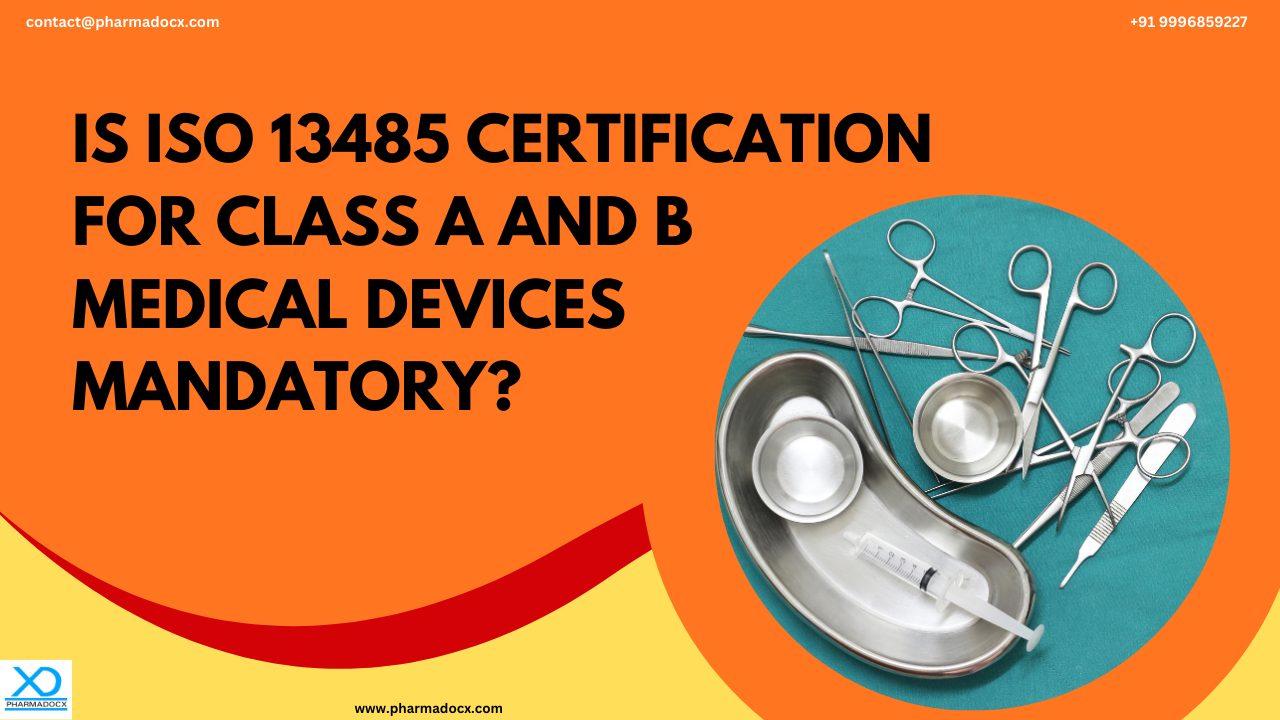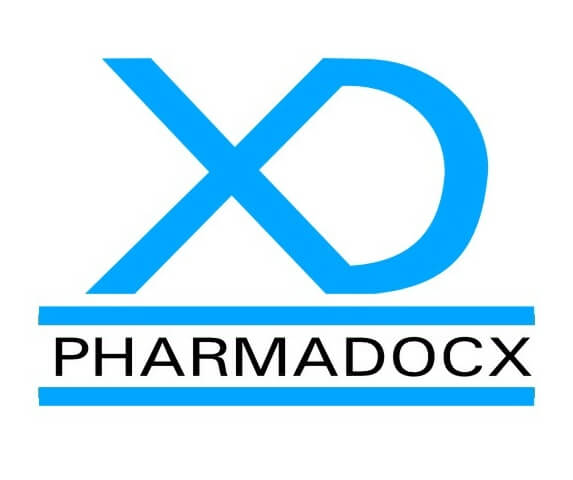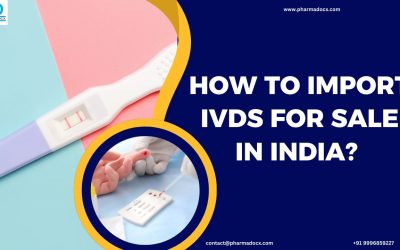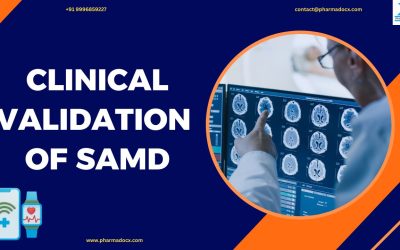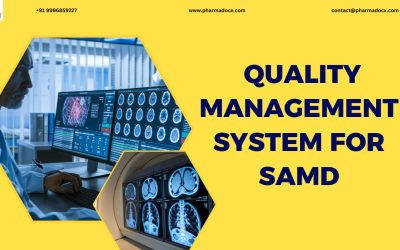In the medical device industry, safety and quality are non-negotiable. Hence, various regulatory guidelines govern the medical device industry to ensure high-quality, safe, and effective devices are being manufactured. One such guideline is ISO 13485 standards. ISO 13485 sets the regulations for quality management system for medical devices. Medical device quality management system ensures consistent product quality, efficacy, and safety. Furthermore, in India, the CDSCO regulates medical devices. This apex regulatory body has laid down its own set of guidelines and regulations for medical devices in Indian market. Hence, a question often asked is whether an ISO 13485 certification for class A and B medical devices is necessary. Read on to find out more.
What is the CDSCO medical device classification system?
Before diving into the need for ISO 13485 certification for class A and B medical devices, let us first understand what are class A and B medical devices. Hence, we have provided an overview of the CDSCO medical device classification system.
Based on certain parameters, such as risk level and intended use, medical devices are grouped into four classes. The classification system is sorted from the lowest to the highest risk. The medical device classification helps determine the regulatory pathway and requirements for market authorization of medical devices. Notably, the CDSCO medical device classification system was prepared mainly for the ease of certification, registration, and licensing. Hence, the manufacturer can fill in the registration and licensing paper work depending on the class to which their medical device belongs to.
The CDSCO medical devices classes are as follows:
- Low-risk medical devices are grouped as class A. Examples: gloves, elastic bandages, and hot water bags.
- Low to moderate-risk medical devices are grouped as class B. Examples: syringes, surgical instruments, blood glucose monitoring devices, and nebulizers.
- Moderate to high-risk medical devices are grouped as class C. Examples: cardiac stents, implantable devices, X-Ray machines, infusion pumps, and MRI machines.
- High-risk medical devices are grouped as class D. Examples: drug-eluting stents, implanted pacemakers, and artificial joints.
Use our free tool to check which CDSCO medical device class your medical device belongs to. In this blog, we will focus on class A and B medical devices.
What is ISO 13485 certification?
ISO 13485 sets standards for the medical device industry quality management system (QMS). Stringent regulations are in place for every step of the medical device manufacturing process. Moreover, medical device companies are expected to demonstrate excellence in their quality management system. ISO 13485 provides best practices for the quality management system in the medical device industry. Hence, medical device companies can reap benefits by implementing the ISO 13485 guidelines.
The ISO 13485 guidelines provide internationally recognised quality benchmark for medical device manufacturers. Thus, medical device companies can use the ISO 13485 certification to demonstrate superior product quality and satisfaction of customer needs to regulatory bodies. Furthermore, ISO 13485 certification fosters trust among regulatory officials, stakeholders, and customers. Additionally, having an ISO 13485 certification can speed up the process of market approval.
ISO 13485 certification: The need for quality management system in medical device industry
The quality management system in medical device industry is a structured framework established to consistently manufacture safe and effective devices. The medical device QMS is a set of procedures, policies, and processes implemented by manufacturers throughout the medical device’s lifecycle. It covers all aspects of medical device production. Medical device manufacturers deploy QMS to ensure standardization in order to comply with industry regulations. Medical device QMS helps improve product quality and safety, standardize processes and documentation, and enhance operational efficiency. Additionally, it helps meet and exceed customer expectations.
The ISO 13485 guidelines provide a structured framework for establishing a quality management system that meets global standards. A properly designed and implement QMS will ensure every step in the medical device production process is controlled and monitored per regulatory guidelines. Thus, QMS forms the backbone of consistent product quality and safety for medical devices being manufactured. An ISO 13485-compliant QMS increases the credibility and marketability of the medical devices. Furthermore, ISO 13485 certification increases patients’ and healthcare professionals’ trust in these medical devices.
ISO 13485 certification for class A and B medical devices: Is it required or not?
To ensure regulatory compliance, it is vital to understand the applicable regulations for your device. You need to have a thorough knowledge of ISO 13485 and CDSCO regulations for the medical device quality management system. Furthermore, regulations may vary depending on the CDSCO medical device class. Hence, you need to identify any specific requirements applicable to your particular medical device. Moreover, ISO 13485 certification is given considerable weightage in the medical device regulatory environment. A question commonly asked is whether an ISO 13485 certification for class A and B medical devices is mandatory.
Is ISO 13485 certification for class A and B medical devices mandatory?
ISO 13485 guidelines are a globally recognized standard that provides a structured framework for meeting regulatory benchmarks to ensure device quality and safety. The guidelines are designed to be flexible to cover medical devices of varying risk level. In the European Union, ISO 13485 certification is often necessary for securing CE marking.
CDSCO class A and B medical devices mainly have low risk level. However, medical device manufacturers will still have to manufacture high-quality class A and B devices. This is because although class A and B medical devices have low risk level, their quality will still have a significant impact on patient outcome. Hence, establishing a robust QMS per ISO 13485 guidelines will ensure consistent regulatory compliance and high-product quality, thereby improved product credibility. This will speed up the market approval process. However, ISO 13485 certification for class A and B medical devices is not mandatory. Although the certification as such is not mandatory as per Indian medical device regulatory guidelines, the QMS has to be established as per ISO 13485 guidelines. Notably, for class A and B medical device manufacturing license application, the QMS is required to demonstrate compliance with ISO 13485 guidelines and MDR.
Hence, although ISO 13485 certification for class A and B medical devices is not mandatory, having the certificate will strengthen the license application. Having a robust CDSCO medical device manufacturing license application will streamline the license approval process. Thus, having the ISO 13485 certificate will reduce the time required to obtain regulatory approval to market your device.
Pharmadocx Consultants: Your trusted regulatory partner
Securing an ISO 13485 certificate is not mandatory for obtaining CDSCO manufacturing license for class A and B medical devices. However, compliance with ISO 13485 guidelines is required. Hence, having an ISO 13485 certification will give you an edge while filing the CDSCO manufacturing license application. Furthermore, understanding the CDSCO regulatory guidelines applicable to your medical device is tricky. Support of a regulatory consultant can make this journey easy for you. Our team of experts will make the CDSCO regulatory journey seamless for you.
We at Pharmadocx Consultants offer end-to-end solutions to help manufacturers meet CDSCO regulatory requirements. Our team has extensive knowledge and expertise in quality management and Indian regulations for medical devices. We specialize in setting up manufacturing plants and implementing QMS. Furthermore, we provide comprehensive ISO 13485 certification service. Email at [email protected] or call/Whatsapp on 9996859227 to let us help you with your CDSCO medical device regulatory requirements.

